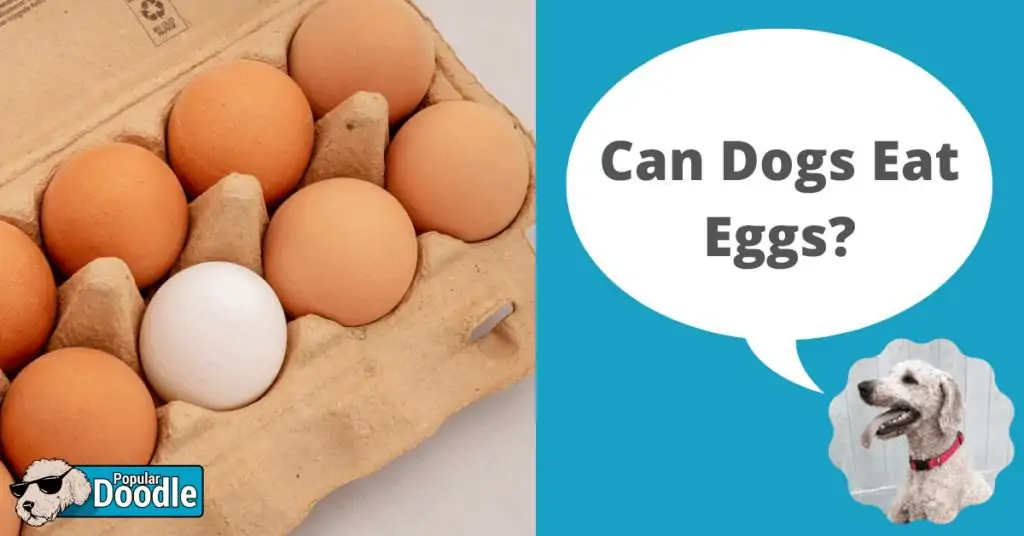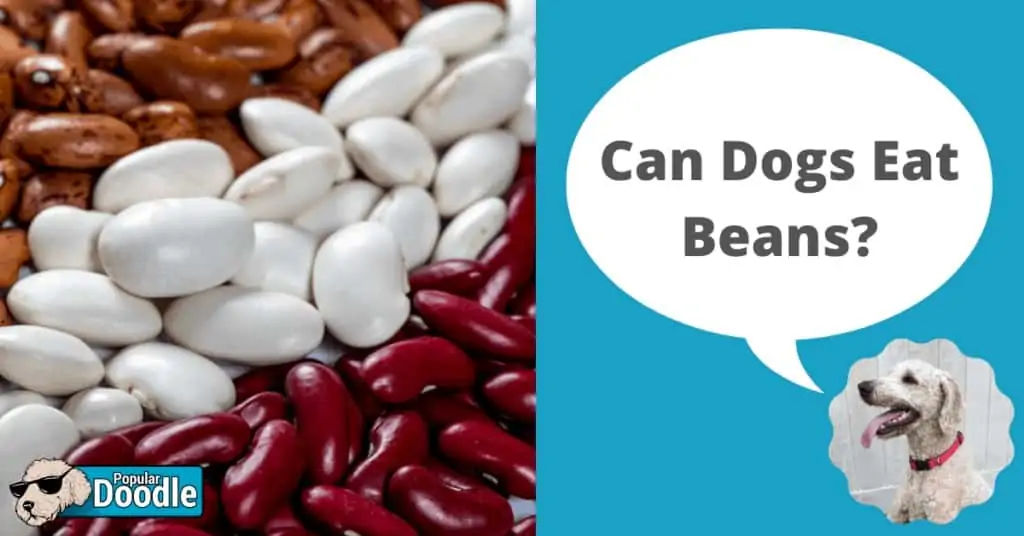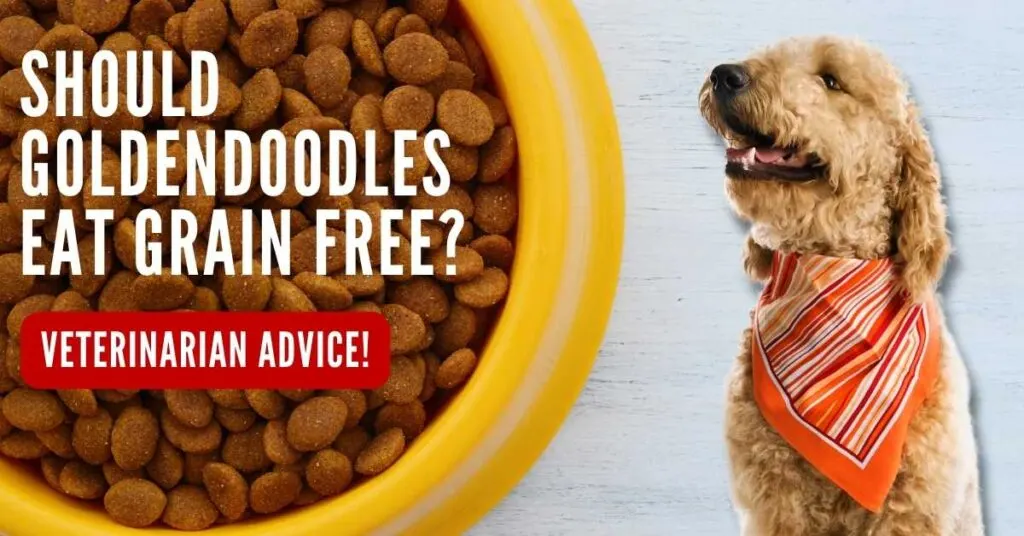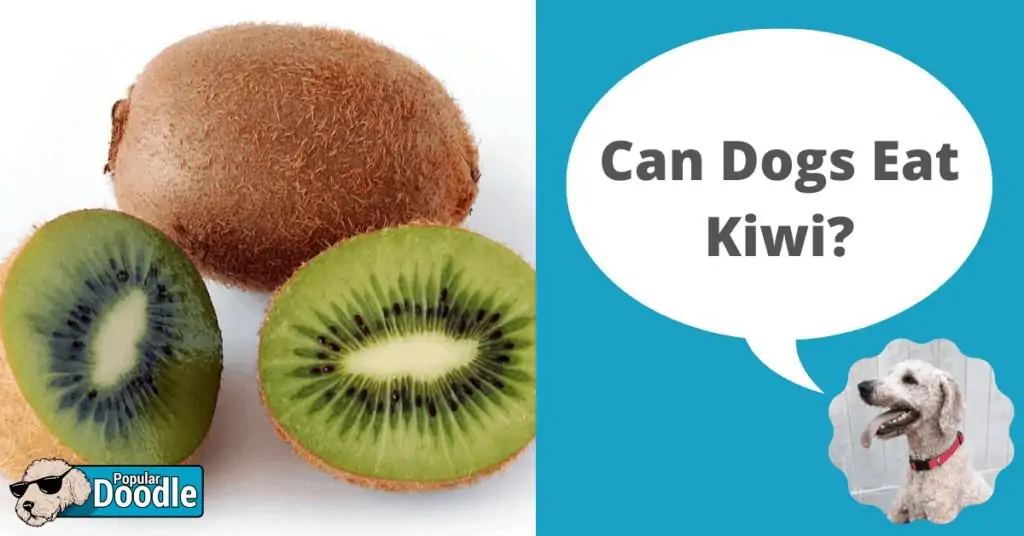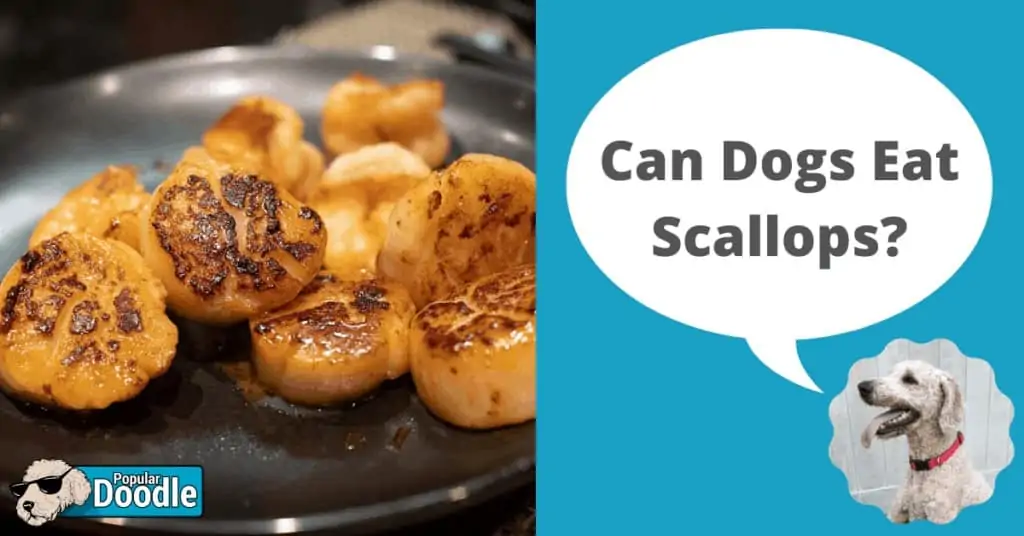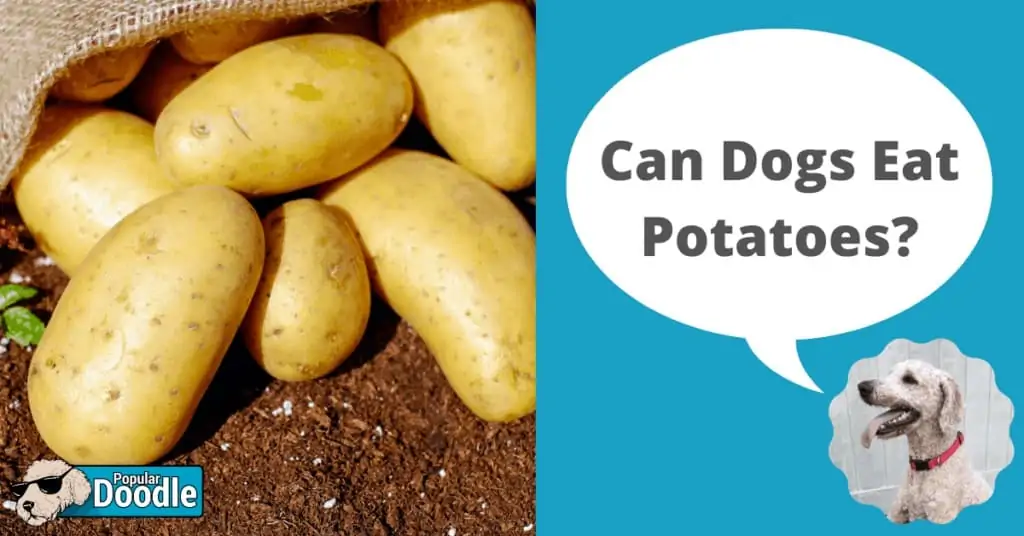
The mighty potato is a huge part of the typical American’s diet. Whether you’re eating it in the form of French fries, baked potatoes, hash browns, or mashed potatoes we never can get enough. With it being such a delicious and versatile food, many dog owners wonder, “Can dogs eat potatoes?” The answer isn’t straightforward, so let’s get started and find out!
Can Dogs Eat Potatoes? (The Short Answer)
Raw potatoes are toxic to dogs and should never be fed to them. Cooked potatoes, while not particularly healthy, are safe for dogs as long as they are not fried and don’t have additional ingredients such as oils, butter, or seasonings.
It’s important to remember, that even with the best of intentions, accidents happen and dogs can easily eat things they shouldn’t. Unfortunately, even if those accidents aren’t fatal, they can result in huge, unexpected veterinary expenses. That’s why we recommend all responsible dog owners get a free, online pet insurance quote from Healthy Paws.
Are Potatoes Good For Dogs?
We’ve already answered the question, “can dogs eat potatoes?” Now, let’s learn about the benefits of feeding your dog this food! Are potatoes good for dogs?
Potatoes do have some nutritional value to them, rather than simply being empty calories for your pup. They are good sources of vitamin C, vitamin b6, magnesium, and iron. All of these benefit your dog in some way, though their regular dog food should be giving them all the nutrients they need daily.
The thing that makes potatoes not so good for dogs (and humans!) is that they are full of carbohydrates. Too many carbohydrates can easily lead to weight management issues and potentially other health-related concerns like diabetes. That being said, if your dog already struggles with those issues, you should steer clear of serving them potatoes altogether.
Are Potatoes Bad for Dogs?
We’ve already answered the question, “can dogs eat potatoes?” Now, let’s learn about the dangers of feeding your dog this food! Are potatoes bad for dogs?
Raw potatoes are toxic to dogs and are extremely bad if given to them. If your dog eats raw potatoes, you should contact your veterinarian immediately for further instructions. What makes them toxic is a compound called solanine which is also found in tomatoes. Cooking a potato reduces this compound enough to make it safe for consumption.
Besides eating raw potatoes, the other typical cause for concern is how the potatoes are cooked and prepared. Potatoes being prepared for your dog should be baked or boiled, never fried. They should also be made completely plain with no oils, butter, salt, pepper, or other seasonings. All of these additional ingredients are unhealthy at best and toxic at worst.
There has been some recent research that suggests that consuming potatoes may not be appropriate for dogs and can lead to canine dilated cardiomyopathy (DCM). However, this research was done for dogs consuming potatoes regularly in their daily dog food, not being given to them on a rare occasion as a treat. As long as you prepare them the correct way and don’t make potatoes a staple of your dog’s diet, this shouldn’t be a concern for you.
Other Varieties & Related Foods:
Can Dogs Eat Raw Potatoes?
No, due to a compound called solanine, raw potatoes are toxic to dogs. Cooking the potato makes it safe for our pups to consume. Never feed your dog raw potatoes under any circumstances and if they happen to sneak raw potatoes, contact your veterinarian immediately.
Can Dogs Eat Mashed Potatoes?
It depends. Most mashed potato recipes call for generous amounts of butter, milk, garlic, and seasonings. Dogs should avoid dairy products as many pups are lactose intolerant. Even more important is to avoid garlic and onion products both of which often make occurrences in mashed potatoes. If you simply mash a baked potato and don’t add seasonings, it can act as a dog-friendly mashed potatoes that they can enjoy while you eat your human version.
Can Dogs Eat Instant Mashed Potatoes?
No, instant mashed potatoes contain too many added ingredients making them unhealthy, or even dangerous, for your dog. We recommend you do not feed instant mashed potatoes to your pup.
Can Dogs Eat Mashed Potatoes and Gravy?
No, while plain, mashed potatoes (when cooked properly) are safe for your dog to eat, you should stay away from feeding your dog gravy. Gravy is extremely high in sodium and too much can lead your dog to dehydration or salt poisoning. Even one or two tablespoons of gravy can have way more than your dog’s suggested daily intake of sodium.
Can Dogs Eat Potato Chips?
Unless they are made with toxic flavorings like garlic, your dog should be fine if they eat a potato chip or two. However, we do not recommend feeding potato chips at all because they are super unhealthy. At best, they are empty calories. However, they contain loads of preservatives and unhealthy ingredients that can negatively affect your dog’s health in the long-term and possibly give them an upset stomach in the short-term.
Can Dogs Eat Potatoes with Skins? / Can Dogs Eat Potato Skins?
You should never feed your dog any part of a raw potato. However, cooked potato skins are less dangerous. We still recommend removing the skin before serving to your dog as potato skins contain oxalates which in large quantities can cause kidney problems in dogs. However, it would take a lot of potato skins to cause this to happen. Still, we recommend staying on the safe side and removing the skin.
Can Dogs Eat Baked Potato?
Yes, baked potatoes with no added toppings, seasonings, or ingredients are safe for your dog to eat. Just make sure to do so only occasionally and not regularly or in large quantities.
Can Dogs Eat Red Potatoes?
Red potatoes are safe for dogs to eat when they are baked or boiled with no added ingredients. Never feed your dog raw red potatoes as they are toxic and very dangerous.
Are White Potatoes Safe for Your Pup?
Yes, dogs can safely eat white potatoes as long as they are boiled or baked with no added ingredients. Keep in mind, raw white potatoes are very toxic to dogs and extremely dangerous for them to consume.
Are Purple Potatoes Safe for Your Pup?
Yes, the same rules apply for purple potatoes as do for all other types of potatoes. Never feed them to your dog raw, and make sure you boil or bake them instead of frying them. Don’t add butter, salt, seasonings, or other additives when feeding to your pup.
Are Russet Potatoes Safe for Your Pup?
Russet potatoes are safe for dogs when baked or boiled, but not when raw or fried. See our recommendations above on how to prepare potatoes safely for your dog!
Can Dogs Eat Hash Browns?
No, hash browns are fried and extremely unhealthy for your dog. It’s best to stay away from this greasy food altogether.
Can Dogs Eat French Fries?
While a couple French fries likely won’t hurt your dog, it’s best to stay away from this greasy treat altogether due to how unhealthy they are. In the long run they could cause weight management issues for your dog, and in the short run all those processed and fatty ingredients can cause an upset stomach. Too much fat consumption can lead to bloat in dogs which can easily be life-threatening.
In Conclusion: Can Dogs Eat Potatoes?
While you shouldn’t feed potatoes regularly to your dog, giving them a small portion as an occasional treat is safe as long as you remember a few things. Always bake or boil them, never feed them raw or fried. Also, don’t add any additional ingredients. Plain is best for your pups and avoids unhealthy or toxic additives!
Want to Learn More?
Check out these related articles from our “Read Before You Feed” series for more advice on safe foods for dogs!
- Can Dogs Have Sweet Potatoes?
- Can Dogs Eat Grits?
- Is Crab Safe for Dogs?
- Can Dogs Eat Corn?
- Can Dogs Eat Persimmons?
Disclaimer: We are not veterinarians and this article should not be taken as medical or veterinary advice. If you have any questions about your pet’s health or dietary needs, please contact your local veterinarian.



